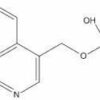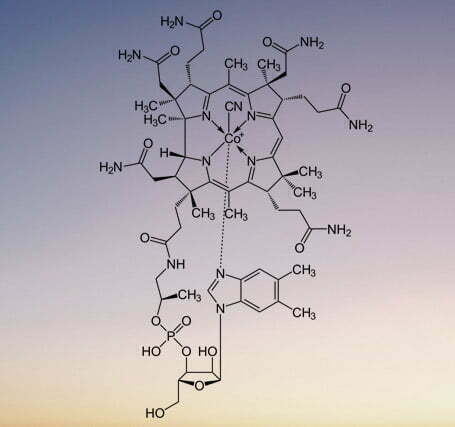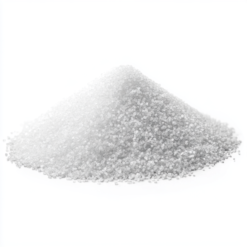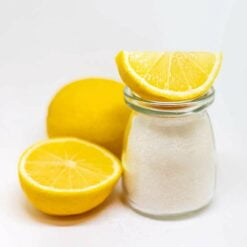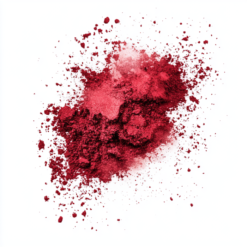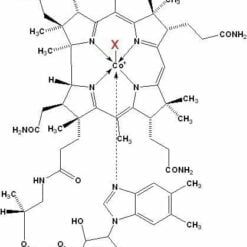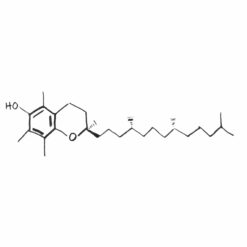Forms of vitamin B12
There are different forms of vitamin B12, and each has slightly different properties and uses in the body. The main forms of vitamin B12 are:
Cyanocobalamin
– A synthetic form of vitamin B12, often used in supplements and fortified foods.- Hydroxycobalamin – a naturally occurring form of vitamin B12, often used in injections.
Methylcobalamin
– The active form of vitamin B12, which is easily absorbed by the body and is involved in various biochemical processes, such as DNA synthesis and methylation.- Adenosylcobalamin – another active form of vitamin B12, which is essential for mitochondrial function and energy production in cells.
Basic functions of vitamin B12
Vitamin B12 is essential for the production of red blood cells, which has a direct impact on preventing anemia. Its presence in the body also supports the functioning of the nervous system, and deficiencies can lead to various health problems, including neurological disorders.
Use in supplementation
In the pharmaceutical and supplement industry, vitamin B12 is valued for its properties that help reduce fatigue and tiredness, making it an ideal ingredient in products for people with active lifestyles. It also helps maintain optimal mental health by supporting cognitive functions such as concentration and memory.
Benefits for athletes and active people
Vitamin B12 is especially recommended for athletes and physically active people because of its role in energy metabolism. It contributes to more efficient use of energy in the body, which is crucial during intense exercise and during the recovery period after training.
Support for the immune system
In addition, vitamin B12 plays an important role in the functioning of the immune system. It helps keep it working properly, which is especially important these days when health and immunity have become a priority.
Solutions for vegetarian and vegan diets
Vitamin B12 is also a key ingredient in vegetarian and vegan diets, where natural sources of the vitamin are limited. Vitamin B12 supplementation is therefore often necessary to prevent vitamin B12 deficiency and related health problems.


